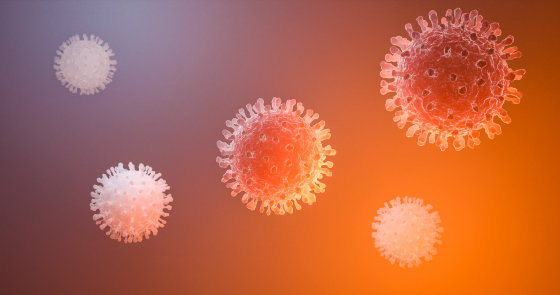Research results showing that feline coronavirus therapeutic agents are effective against novel coronavirus infections

Coronavirus also infects mammals and birds other than humans, and those that infect cats are called
Feline coronavirus drug inhibits the main protease of SARS-CoV-2 and blocks virus replication | Nature Communications
https://www.nature.com/articles/s41467-020-18096-2
Antiviral used to treat cat coronavirus also works against SARS-CoV-2
https://medicalxpress.com/news/2020-08-antiviral-cat-coronavirus-sars-cov-.html
This drug, called a protease inhibitor, interferes with the ability of the virus to replicate. Proteases are common drug targets and have been used in the treatment of hypertension, cancer and HIV.
Following the 2003 SARS epidemic, John Vederas, a chemist at the University of Alberta, and Michael James, a biochemist, have begun researching protease inhibitors to cure cat disease. Then, after the COVID-19 epidemic began in 2020, two months of research conducted showed that it could inhibit the replication of the new coronavirus (SARS-CoV-2) , and it was also a protease inhibitor for cats. Has been shown to be effective.

This work was done in collaboration with Vederas and James, molecular biologists Howard Young and Joanne Lemieux, and Royal Society of Canada Lorne Tyrrell. According to Lemieux, Vederas synthesized the compound and Tyrrell tested the reaction of SARS-CoV-2 to the compound in test tubes and cell lines. A group led by Young and Lemieux has also revealed the crystal structure of the drug as it binds to the protein. This has allowed the development of more effective drugs, says Lemieux.
Normally, after conducting an experiment in a laboratory, conducting an animal experiment, and then entering a clinical trial, since this drug has already been proved to be safe for animals, the next stage is a clinical trial. It has become. 'The drug is very likely to act on humans, and we expect it to act as an antiviral drug for patients with COVID-19,' Lemieux said.

Related Posts:
in Science, Posted by darkhorse_log







